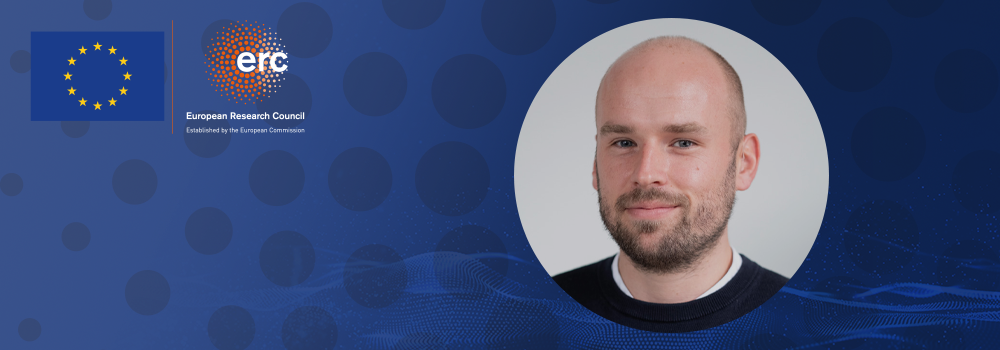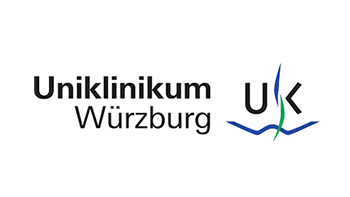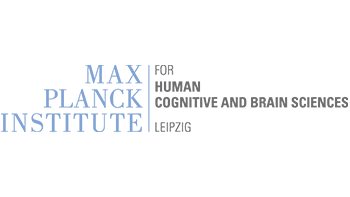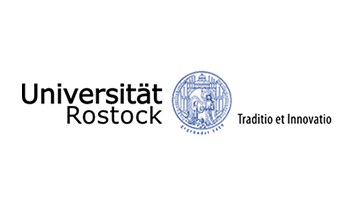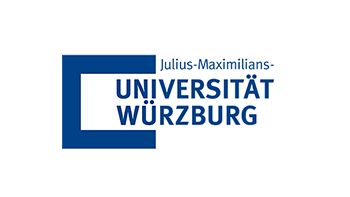Nov 23, 2022
ReTune Project Leader Prof. Dr. Wolf-Julian Neumann has received a European Research Council (ERC) Starting Grant starting in March 2023. ERC Starting Grants are among the highest European awards. Prof. Neumann is a neuroscientist at the Movement Disorder and Neuromodulation Unit, Department of Neurology and Experimental Neurology, at Charité – Universitätsmedizin Berlin. He has been awarded 1.5 million to extend his research on Neuromodulation.
Holistic understanding of dopaminergic brain circuits in Parkinson’s disease
Prof. Neumann’s goal is to better understand how the symptoms of Parkinson’s disease develop in order to advance new technological therapies. His work focuses on the role of brain networks that are modulated by dopamine. This neurotransmitter in the brain is critical to the regulation of animal and human behavior. “We hope to achieve a new, holistic understanding of dopaminergic brain circuits in movement and learning,” explains Prof. Neumann. “But our research also has special clinical significance for the treatment of Parkinson’s disease, which entails a degeneration of precisely those neurons that release dopamine in the brain.”
New generation of brain-computer interfaces
He and his team plan to use brain activity measurements, connectomics and machine learning methods to improve the understanding of the neurotransmitter and its effects. The knowledge gained could contribute to the development of brain stimulation implants and lead to a new generation of brain-computer interfaces. The long-term hope is to achieve a functional restoration of the affected brain circuits through neuroprosthetic technology than can replace and augment the neural circuits that are affected in brain disorders. The project is performed in close collaboration with Charité’s Departments of Neurology and Neurosurgery.
The European Research Council (ERC) currently supports young scientists in the Horizon Europe research framework program. Funding is provided to outstanding talents who pursue an unusual research approach on a freely chosen topic for two to seven years after their doctorate.
